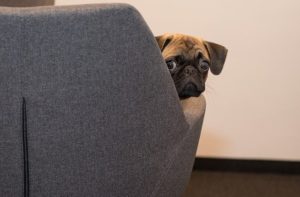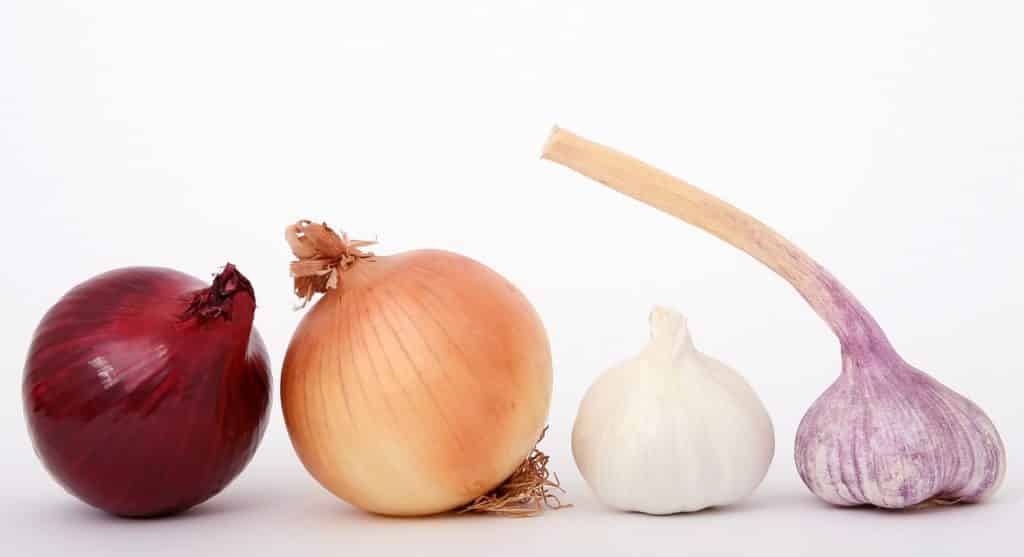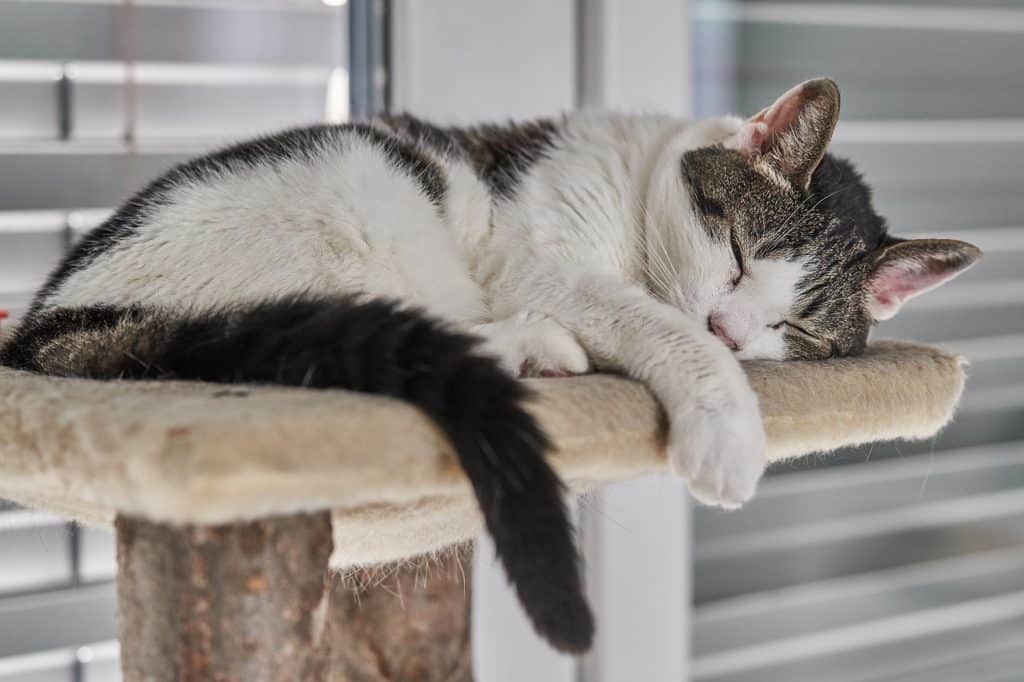
The kitchen is the most poison-prone room for your pet. Hide most of the common toxic foods from your pet, especially chocolate. Most other poisons can be refrigerated, like onions, garlic, grapes and coffee. However be aware of other toxic foods for pets, like avocados and store them in an area where your pet can’t reach. Raisins and macadamia nuts should be kept in a pantry. Make sure your pet can’t access twist ties or knives. Coffee grounds should be immediately discarded. We’ve already gone into some length about the dangers of artificial sweeteners. Some pet owners will invest in a pet gate that keeps the pet out of the kitchen while you’re at work.
The garage. Back when we had one, Rogue loved going into the garage. Unfortunately it’s loaded with poisons that you might not even be aware of. If your car leaks and fluids that wind up on the floor, they may be attractive for your pets. Antifreeze is the most poisonous garage staple for pets, but it’s best they avoid that room all together unless you are with them to monitor they don’t get into anything dangerous.
Laundry room. The laundry or pantry room presents another problem for pets. Obviously bleach is a danger to our furry friends (and us!), but dryer sheets are also poisonous for pets. I can’t tell you how many of those things end up on the floor after a big load of laundry. Store them with the bleach. After the clothes are dry make sure you don’t have any dryer sheets on the floor, or anywhere else your pet likes to go. Fabric softener and those handy detergent pods are also dangerous for pets.
Bathroom. We store most of our medicines in the bathroom, but did you know you should keep them in a dark pantry instead? Medicines work best when they’re in a low-humidity area, so it helps us, and our pets when we store them in a closet. If you have one of those weekly pill containers, keep them in a high place outside of your pet’s reach. Make sure all bathroom cleaners are stored in a cabinet that is securely shut at all times.
Living room. While the area where we spend most of our time is generally safe, watch out for loose wires that your pet might like to chew on. Also keep batteries off tables and only in remotes. Those liquid potpourri devices can also be harmful for your pet. Instead spray the room when the pet is not around.
The Pet Poison Helpline has a cool info-graphic that you can download and keep around the house to remind you of what might harm your pet. If you think your pet has ingested something harmful, or hurt itself please call us immediately. For more pet owner tips and tricks please let us on Facebook.


